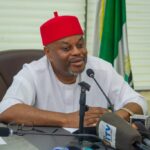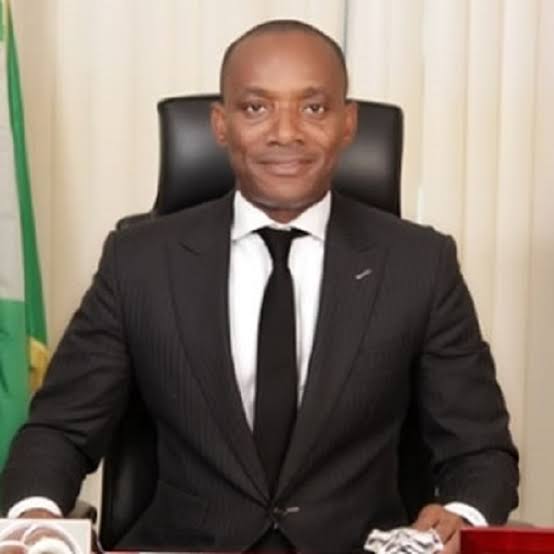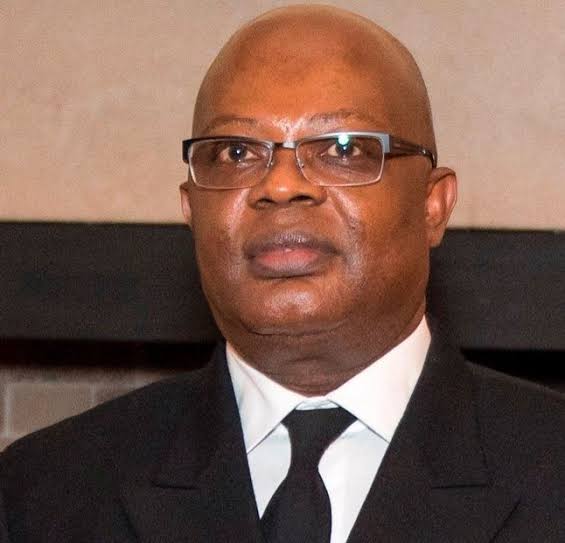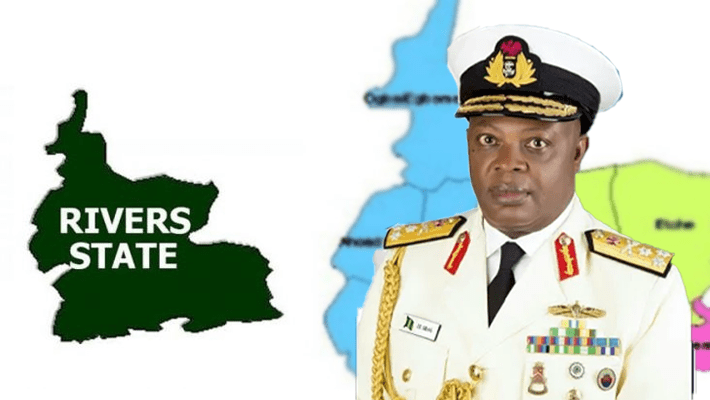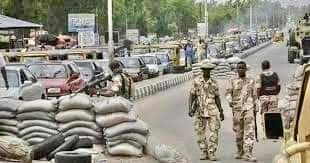The International Consortium of Investigative Journalists (ICIJ), working with over 600 journalists from 150 media outlets in 117 countries across the world, pored over 11 million pages of financial documents, has exposed financial irregularities. The investigation penetrated the underbelly of the international financial system that provides cover for some politicians, government officials, businessmen in different countries and territories; a system that has emasculated countries, leading to poverty. In the grand revelation entitled “Pandora Papers,” politicians and officials in 10 African countries were exposed, and predictably, Nigerians top the list.
The Pandora Papers uncovered many shell or offshore companies with account balances that cannot be traced to legitimate business transactions. Others are purchases of expensive, high-end property, in places like London; and hidden profits in unaccountable offshore corporate entities. In most cases, there is hardly any proof that those involved engaged in any form of wrong-doing, because, those deals were accomplished through conspiracies involving government officials, top lawyers, financial experts, accountants, and wealth managers.
However, Nigeria has suffered from the strategies of offshore or shell companies set up in countries with relaxed tax regimes in Europe, South America, and even Africa. Registered under secret and clumsy ownership system in the names of foreign nationals and Nigerians, such companies are awarded contracts under Private Public Partnership (PPP), actionable at the International Arbitration Tribunal in Europe. They may not pay tax in Nigeria because they claim to pay tax as global companies in countries where they are registered, say Panama, Andora, Capione, Cyprus, Gibraltar, Ireland (Dublin), Ireland of Man, Jersey, Malaysia, Luxembourg, etc. This way, they make wealth from Nigeria and pay tax in other countries.
In signing some PPP agreements government officials commit the country with clauses and conditions that cannot be met, a premeditated corrupt step. As soon as government fails to meet those conditions, the shell companies would drag Nigeria to the International Arbitration Court in Europe and America, claim damages, and Nigeria would be compelled to pay, or have the country’s asset confiscated. One of such difficult cases involved the controversial $9.6 billion Process and Industrial Development (P&ID) over a 2010 gas supply and processing agreement (GSPA) in Cross River State in London Arbitration Court. Government has, luckily, wriggled out of it.
The open effect of the secret deals for Nigeria is that; taking out the funds impoverishes the nation, and enriches certain individuals. Nigeria keeps borrowing to fund its annual budgets, if taxes are collected on these monies stored abroad, it will help the country in no small measure. For instance, the World Bank, in a report co-authored by Dr Ngozi Okonjo Iweala in 2011, explained the consequences of stolen assets thus: “Developing countries lose between US$20 billion to US$40 billion each year through bribery, misappropriation of funds, and other corrupt practices. Much of the proceeds of corruption find “safe haven” in the world’s financial centers.” The fraud is made possible because Europe and America are beneficiaries from the stolen wealth, so they do little to discourage it, which raises questions about the much-vaunted anti-corruption credentials of these countries and their well-placed positions in corruption ratings like the Corruption Perception Index by Transparency International.
We call on government to ensure individuals and companies fingered in the Pandora Papers are probed, and any fund found to have been illegally acquired should be confiscated, using available international legal framework. In 2016, Panama Papers by ICIJ exposed such secret bank accounts and shell companies owned by top politicians, government officials and businessmen in Nigeria. Nothing was done to probe and retrieve the funds. But in about 80 countries, governments instituted further investigations, and those found guilty were punished. This time, Nigeria must join the league of countries that take action against such persons.
Also, we call on government to work with the Organization for Economic Cooperation and Development (OEDC), which has launched a measure for offshore or shell companies to pay a certain percentage of tax in countries where funds are generated. At the moment, technology companies, like Facebook, Google, Twitter are being compelled to pay 15% of their tax in countries where they generate revenue. If Nigeria keys into this drive, it means, any offshore company that does business in Nigeria can no longer engage in absolute capital flight. Furthermore, we call on government to work closely with international financial intelligence units (Egmont Group) to effectively track illicit movement of funds from Nigeria.





